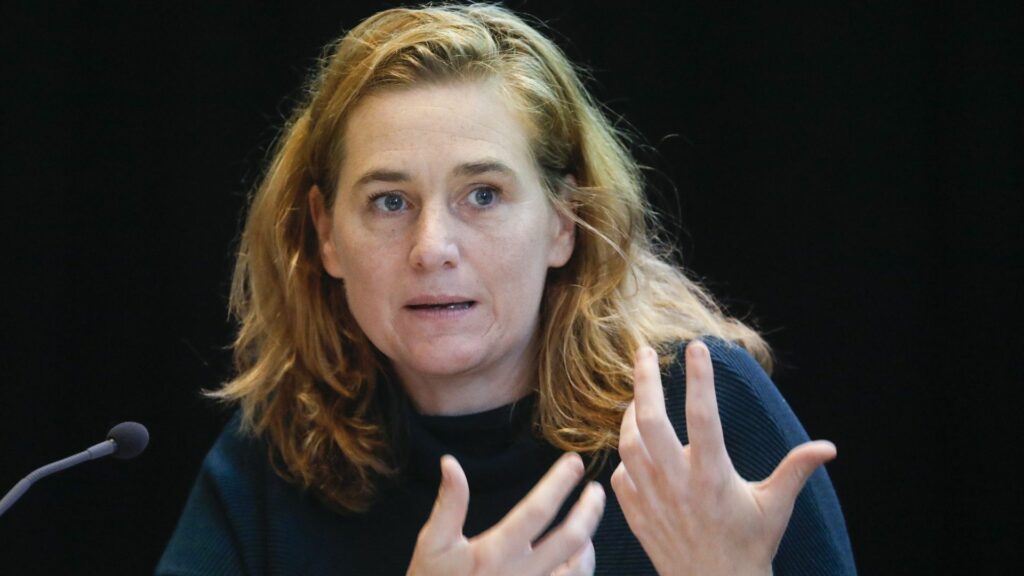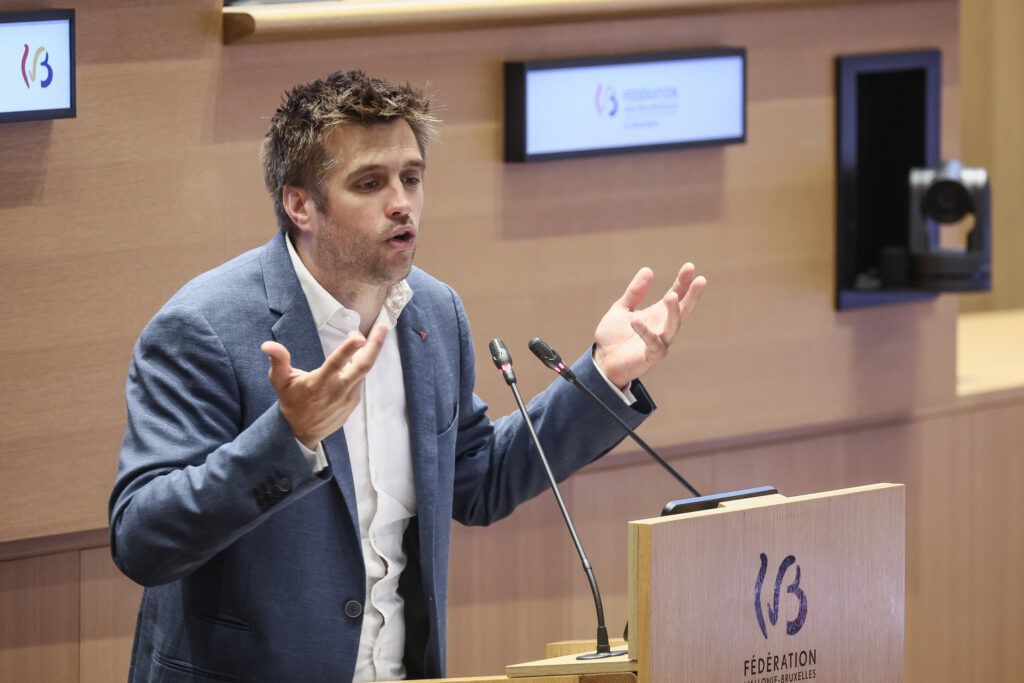While the Socialist Party (PS) is not vetoing the participation of N-VA in the Brussels Government, the party is firmly against the controversial reforms for the Brussels-Capital Region put forward by the four Dutch-speaking parties.
Francophone parties – particularly PS – previously voiced concerns over the first-time participation of the Flemish rightwing N-VA in the Brussels Government, due to the parties longstanding ideological differences. This led to concerns that PS would veto a Dutch-speaking majority with N-VA.
Yet last week, Dutch-speaking formator Elke Van den Brandt (Groen) was able to form a majority with Flemish greens Groen, right-wing N-VA, liberal Open VLD and social democratic Vooruit. In doing so, she presented the four parties with a "starting note" containing a number of institutional proposals, such as the merger of Brussels police zones and municipalities.
"[The note] contains institutional and community discussions that we as PS have not wanted for 20 years," Brussels MP Martin Casier (PS) said on Flemish radio on Monday. He added that "those kinds of discussions" should be held at the federal level.
'Disaster'
Previously, the negotiations had been deadlocked as there were only three Dutch-speaking ministerial positions to distribute between a four-way coalition. The party without a minister or state secretary would therefore not have a say in government decisions. For this reason, the Flemish Christian Democrats (CD&V) previously turned down the invitation to join.
In mid-November, a solution was found after Open VLD "sacrificed itself" and settled for a government commissioner for budget (instead of a full-fledged minister or state secretary) if N-VA also came on board. "CD&V did not want to provide that commissioner. But then why can CD&V not be in the majority now?" said Casier.
According to him, Brussels residents do not want N-VA in power. N-VA came third among Dutch-speaking parties in the regional elections with less than 2% of the vote, and the party lost all seven municipal council seats it had after the local elections.
Casier considers Van den Brandt's note a "disaster" because it opens the substantive discussion on reforming Brussels institutions, while PS have chosen to not have that discussion at the Brussels level, but at the federal one.

Elke Van den Brandt, Groen's leader in Brussels. Credit: Belga
The contents of Van den Brandt's "framework note" were badly received by the Francophone parties (MR, PS and Les Engagés) after having been published in the media last month. The Groen regional MP repeatedly emphasised that it was "a starting point after analysing the four parties' programmes" but did "not constitute a package of demands" for the negotiations.
In the meantime, Les Engagés called on PS to still come to the negotiating table and "see how everything goes." Casier rejected this. "Van den Brandt's note is unacceptable for PS," he said.
According to him, the note offers "no solutions" to the socio-economic and mobility problems in Brussels. For the Capital Region's precarious budgetary situation, he refers to the formators – David Leisterh (MR) and Van den Brandt – "PS has no say in this."
Update: The Socialist Party quit Brussels Government negotiations on Monday afternoon.

